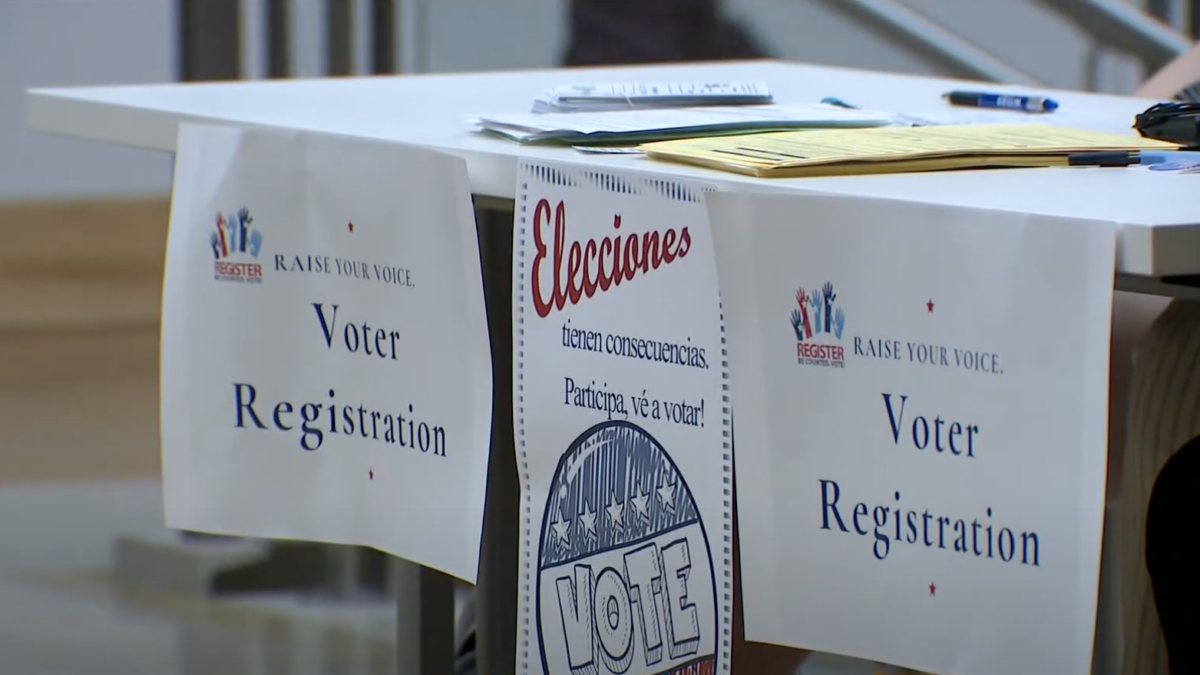
Early this week, U.S. Deputy Secretary of State Wendy Sherman met with Chinese diplomats in Tianjin, China, in a repeat of the high-level U.S.-China diplomats’ gathering in Alaska in March.
During the Alaska meeting, top Chinese diplomat Yang Jiechi berated the United States, saying that the United States, not China, needs to improve on human rights. Both National Security Adviser Jake Sullivan and Secretary of State Antony Blinken gave weak responses. The Biden administration accomplished nothing other than providing Beijing a stage to insult American diplomats, while Yang became a hero among Chinese nationalists, reportedly being featured on T-shirts and bags bearing his words from the meeting.
Before the Tianjin meeting, then, the Biden administration extended a few olive branches. It took no actions to hold Beijing accountable after Blinken confirmed that cyber actors affiliated with China’s Ministry of State Security had led a “massive cyber espionage operation” earlier this year that compromised thousands of computers and networks.
The day before Sherman’s travel to Tianjin, the U.S. Department of Justice dropped charges against five Chinese researchers accused of hiding their affiliations with China’s People’s Liberation Army on their visa applications. The DOJ’s move was seen as a significant setback to stopping China’s intellectual property theft and intelligence gathering in the United States.
In response, Chinese diplomats replicated Yang’s political theater again in Tianjin. They criticized the United States for introducing “the law of the jungle” in international relations where “might is right and the big bully the small.” They accused the United States of interfering with China’s internal affairs in Hong Kong, Taiwan, and Xinjiang. They again lectured American diplomats about human rights in the United States.
Xi and the Chinese Communist Party follow this approach they call “the big bully the small.” Just ask Australia, India, the Philippines, Vietnam, Canada, Norway, and Sweden. While Beijing hasn’t applied any of its strongest bullying tactics on the United States yet, it has met U.S. sanctions with more aggressive counter-sanctions. Chinese diplomats in Tianjin also went a step further than they did in Alaska by presenting Sherman a list of demands, including ending restrictions imposed on Chinese Communist members and their family members and halting efforts to pursue the origin of COVID-19.
Climate Change Activists Are Behind U.S. Weakness
Why does the Biden administration keep engaging China in these fruitless talks and allow U.S. diplomats to be humiliated repeatedly?
For one, President Biden staffed his administration with progressives who believe that climate change is the biggest threat to the United States and the world, and that they desperately need China’s help. John Kerry, Biden’s climate czar, stated in public that China’s human rights abuses of Uyghur Muslims should “not get in the way” of U.S.- China cooperation on climate change. Progressive supporters have pushed for a similar approach.
The Biden administration hasn’t fully adopted these leftists’ view of “what’s a little genocide among partners on climate change,” but has chosen not to confront China’s aggression too much, probably hoping that could get China’s cooperation on climate change. Beijing is well aware of American progressives’ zeal on climate change. It has been exploiting it, hoping climate negotiations will dissuade the United States from focusing on other strategic areas far more critical to the Communist regime, such as Beijing’s long-desired reunification with Taiwan.
China has proven it is neither a leader nor a reliable partner in addressing climate-related issues because its actions do not support its lofty rhetoric. For example, since signing up for the Paris Accord, China has built more new coal plants than any other country. The Chinese government made building coal-fired power plants abroad a top priority within its controversial global infrastructure program, “Belt and Road.”
The Biden Administration Needs a New Approach
The Biden administration has not only misplaced its faith in how much it can count on China to fight climate change, it has also overestimated the power of diplomacy. As the Wall Street Journal editorial board wrote, “Biden officials, including the President, believe in the power of diplomacy almost for its own sake.” But “diplomacy that yields only talk achieves nothing against determined adversaries with malign intentions.”
Diplomacy is only effective when actions lead it. Even people on the left, such as Shadi Hamid, a senior fellow at the Brookings Institute, have criticized President Biden by tweeting, “Despite Biden’s lofty pro-democracy rhetoric, Biden’s foreign policy team has always been weakest on democracy promotion.”
Lofty rhetoric has never persuaded the CCP to change its behavior. Instead, the party regards such mismatch of rhetoric and actions as a weakness to be exploited to the party’s advantage.
Beijing believes it has nothing to lose and everything to gain from engaging in diplomatic talks with the United States. It will compromise on nothing and agree to change nothing. Instead, it has turned those talks into political theater, humiliating U.S. diplomats to appeal to Chinese nationalists at home and other U.S. adversaries abroad.
After two unproductive diplomatic talks and receiving no reciprocity for its gestures of goodwill, it is time for the Biden administration to reset its approach to China. A good starting point is learning from former Secretary of State Mike Pompeo: We should engage China as it is, not as we wish it were.
An effective China policy must be based on understanding the true nature of the CCP and its hostility to liberal values and democracy. Recognize the limitations of diplomacy, so no more wishful thinking on climate cooperation. Be willing to hold the CCP accountable for its aggressions domestically and internationally. Let our actions speak louder than our words. Most importantly, never, ever compromise on our values.









